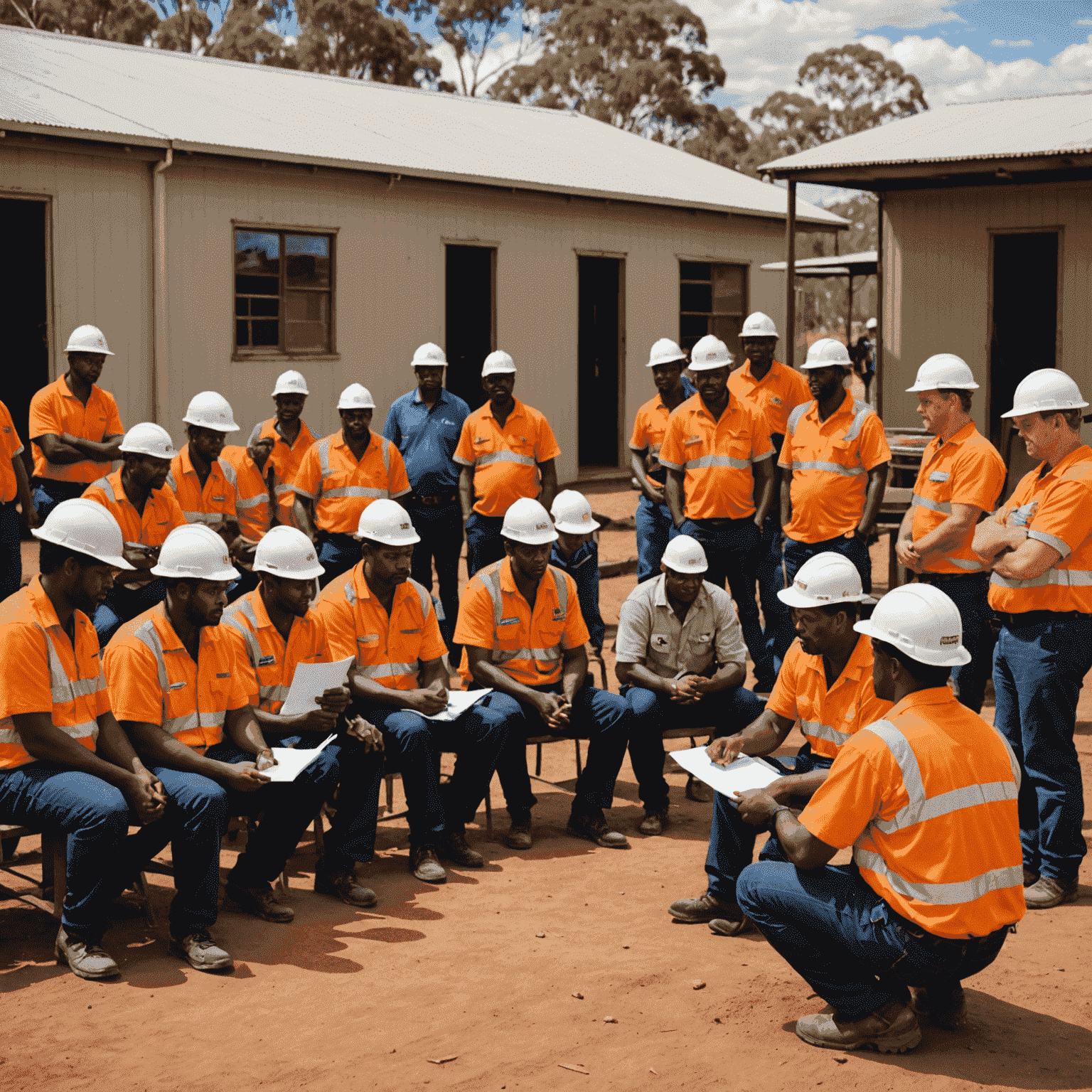A Day in the Life of a FIFO Worker

John, a seasoned FIFO worker in the Western Australian mines, shares his daily routine and experiences.
As the sun rises over the vast Australian outback, John's day begins at 4:30 AM. The early start is just one aspect of the unique FIFO lifestyle that he's grown accustomed to over the past five years. "It's not for everyone," John admits, "but the rewards of this job make it worthwhile for me."
John's typical day involves operating heavy machinery in one of Australia's largest iron ore mines. The 12-hour shifts are intense, but the camaraderie among the workers helps make the time fly. "We're like a family out here," he says. "You form strong bonds when you're working and living together for weeks at a time."
After his shift, John heads back to the camp where he enjoys dinner with his colleagues, hits the gym, and video calls his family back home. "The hardest part is being away from my wife and kids," he shares. "But the extended time off allows me to be fully present when I'm home."
Balancing FIFO Work and Family Life

Sarah, an engineer working in offshore oil rigs, discusses the challenges and rewards of maintaining relationships while working FIFO.
For Sarah, the decision to pursue a FIFO career was not an easy one. "I knew it would be tough on my relationship, but my partner and I were committed to making it work," she explains. Sarah's schedule typically involves four weeks on the rig followed by four weeks off.
Communication is key in Sarah's relationship. "We make sure to video call every day when I'm away," she says. "And when I'm home, we make the most of our time together, often planning trips or special activities."
Sarah acknowledges that the FIFO lifestyle isn't without its challenges. "Missing important events or milestones can be heart-wrenching," she admits. "But the financial benefits and the opportunity to advance my career make it a trade-off we're willing to accept for now."
Mental Health and FIFO: Breaking the Stigma

Mark, a FIFO mental health advocate, discusses the importance of addressing mental wellbeing in the FIFO community.
After experiencing his own struggles with isolation and depression, Mark became passionate about promoting mental health awareness among FIFO workers. "The tough-guy culture in mining can make it difficult for people to open up about their mental health," he explains.
Mark now works with mining companies to implement mental health programs and create support networks for FIFO employees. "We're seeing a positive shift in attitudes," he says. "More workers are reaching out for help, and companies are recognizing the importance of mental health support."
His advice to fellow FIFO workers? "Stay connected with loved ones, maintain a routine, and don't be afraid to seek help if you're struggling. Remember, taking care of your mental health is just as important as physical safety on the job."


